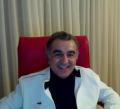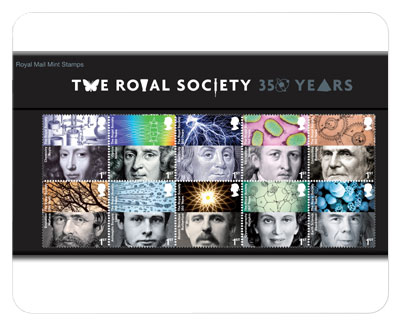 A Tribute To Richard Feynman: Feynman Point Pilish Poems 2013
A Tribute To Richard Feynman: Feynman Point Pilish Poems 2013Richard Feynman was born on 11 May 1918. Today would have been his 95th birthday. This isn’t...
 The Math-e-Monday Puzzle: Squares from a Tetrahedral Die
The Math-e-Monday Puzzle: Squares from a Tetrahedral DieIt isn’t Monday, but I’m puzzled every day of the week.Alice is puzzled too; she’s playing...
 The Math-e-Monday Puzzle: Infinite Packings Within Finite Figures
The Math-e-Monday Puzzle: Infinite Packings Within Finite FiguresAfter the scramble to get out of jail, here are some questions about imprisoned shapes! In my last...
 Solution to The Jailer's Revenge
Solution to The Jailer's RevengeThe solution to the Jailer’s Revenge question is fairly lengthy, so I think it warrants a separate...










